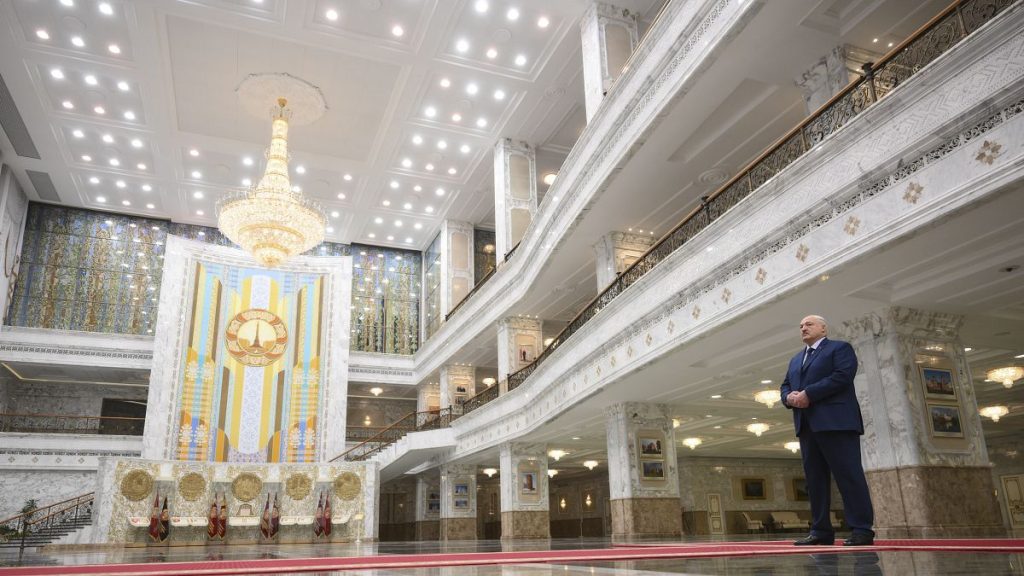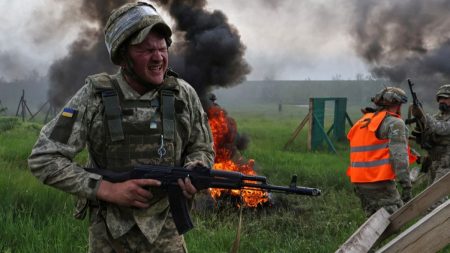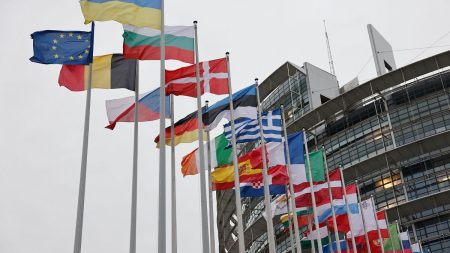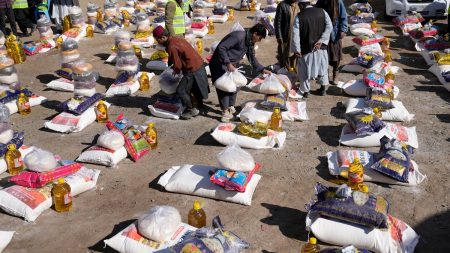The Belarusian government, under the authoritarian rule of President Alexander Lukashenko, has intensified its crackdown on independent media and dissenting voices, culminating in the recent arrest of seven journalists from the Intex-Press online newspaper. This incident marks a significant escalation in the ongoing repression of free speech and independent journalism in Belarus, a country already grappling with a severely restricted media landscape and a staggering number of political prisoners. The arrests, based on the broadly defined charge of “supporting extremist activities,” underscore the government’s increasingly aggressive tactics to silence any form of opposition or critical reporting, particularly in the lead-up to the upcoming presidential election in January.
The Intex-Press, based in the western city of Baranavichy, is the latest victim in a series of targeted attacks against independent media outlets. Like many others, Intex-Press faced official pressure and was ultimately stripped of its registration and labeled “extremist” for its coverage of the mass protests that erupted in 2020 following the disputed presidential election, which saw Lukashenko claim a sixth term in office. These protests, sparked by allegations of widespread electoral fraud, were met with a brutal crackdown by the authorities, resulting in tens of thousands of arrests and the exile or imprisonment of leading opposition figures. The subsequent suppression of independent media has further tightened the government’s grip on information and public discourse.
The arrest of the seven Intex-Press journalists represents the largest single instance of journalists from one media outlet being detained in a year, signaling a disturbing trend of intensified repression against the press. This incident follows the recent sentencing of another independent journalist, Volha Radzivonava, to four years in prison for her critical reporting on the government’s crackdown on dissent. These cases highlight the precarious situation faced by journalists in Belarus, who risk severe consequences for simply exercising their right to report on events and hold the government accountable. The Belarusian Association of Journalists has documented a chilling statistic – 42 journalists are currently imprisoned on politically motivated charges, underscoring the systematic targeting of media professionals.
The Belarusian government’s suppression of dissent extends beyond journalists to encompass a wide range of individuals and organizations perceived as critical of the regime. Human rights organizations estimate that Belarus currently holds approximately 1,300 political prisoners, many of whom are subjected to harsh conditions, including denial of adequate medical care and limited contact with their families. The escalating repression ahead of the January presidential election suggests a calculated effort by the authorities to eliminate any potential challenges to Lukashenko’s bid for a seventh term. This preemptive silencing of critical voices further undermines the already compromised democratic process and raises serious concerns about the fairness and legitimacy of the upcoming election.
The situation in Belarus mirrors a broader global trend of declining press freedom and increasing attacks on journalists. Reporters Without Borders, an international media rights watchdog, ranks Belarus as the fourth worst country in the world for jailed journalists, placing it among some of the most repressive regimes globally. Lukashenko’s long-standing authoritarian rule, characterized by its suppression of dissent and tight control over information, has been enabled by close ties with Russia, including financial and political support. This alliance has become even more pronounced in the wake of Russia’s invasion of Ukraine, with Belarus providing logistical support and hosting Russian troops and even tactical nuclear weapons.
The international community has expressed growing concern over the deteriorating human rights situation in Belarus and the escalating crackdown on freedom of expression. The arrests of the Intex-Press journalists and other recent instances of repression underscore the urgent need for increased international pressure on the Belarusian government to respect fundamental human rights, release political prisoners, and allow for a free and independent press. The targeting of journalists and the suppression of independent media not only violate fundamental freedoms but also deprive the Belarusian people of access to diverse information and perspectives, further isolating the country and hindering its democratic development. The international community must continue to advocate for the rights of journalists and all Belarusian citizens to express themselves freely and without fear of reprisal.










